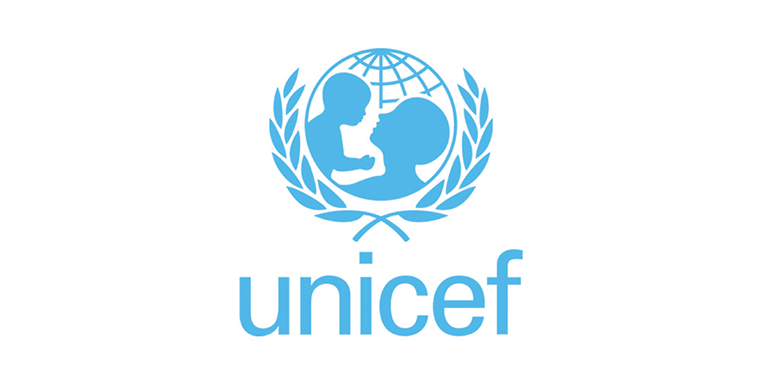You are here
Sawn: Youth-led UNICEF initiative for more sustainable future
By Maria Weldali - Feb 15,2024 - Last updated at Feb 15,2024
AMMAN — UNICEF Jordan supports Jordanian youth in their projects aimed at facilitating the introduction of climate-smart technology and sustainable agricultural systems across Jordan’s governorates.
Growing up on a farm in Jerash, Anwar Nizami, a 26-year-old water and environmental engineer and a dedicated climate activist, joined UNICEF’s Sawn I and Sawn II programmes. She has developed an active interest in integrating agricultural technology to increase her productivity and sustainability through the use of hydroponics systems.
“Modern agriculture and the various innovations in farming techniques are a big help. I started with only two systems on the roof of my house…now I have expanded and have two greenhouses with eight systems,” she told The Jordan Times in a recent interview.
Exploring ways to produce and consume food in a more sustainable way, Nizami founded her project “Anwar Farm” in 2021, which was sustained back then by a grant from Dar Abu Abdullah. Her experience with Sawn has helped her as a young climate activist and leader experience a major shift in how she perceives nature and climate-related challenges, instilling a sense of responsibility that has had a positive impact on her farm.
Sawn, which translates to “Preservation” in English, is a youth-led initiative in partnership with the Ministry of Environment, Ministry of Youth, and Generations For Peace.
The programme aims to equip youth from all governorates in the Kingdom with the skills to lead climate action and advocate for a more sustainable future.
“My farm specialises in modern agriculture practices that are resilient to climate change impacts,” she explained, noting that her products are sold to restaurants and catering establishments in her hometown Jerash.
In many governorates across the Kingdom, limited access to quality inputs and natural resources, lack of infrastructure, as well as the societal barriers and cultural constraints facing female farmers, have been among the main challenges that Nizami and many other women in agriculture face.
Nizami is also on a mission to empower female farmers to increase their involvement in agriculture and improve their adaptive capacities to climate change, providing them with training that teaches them how to utilise the spaces inside their homes.
Nnizami is a member of the Youth Parliament’s Water and Agriculture Committee Assembly, and a public environmental policy maker at the West Asia and North Africa Institute and the WANA Institute.
Related Articles
AMMAN — The COP28 conference in late 2023 saw an unprecedented level of youth representation, with the participation of seven young Jordania
AMMAN — UNICEF Jordan, through its Sawn programme, leverages the enthusiasm and insights of Jordanian youth to accelerate global efforts in
AMMAN — UNICEF Jordan is inspiring a young Jordanian to take significant steps toward a more sustainable world with her innovative eco-frien
















